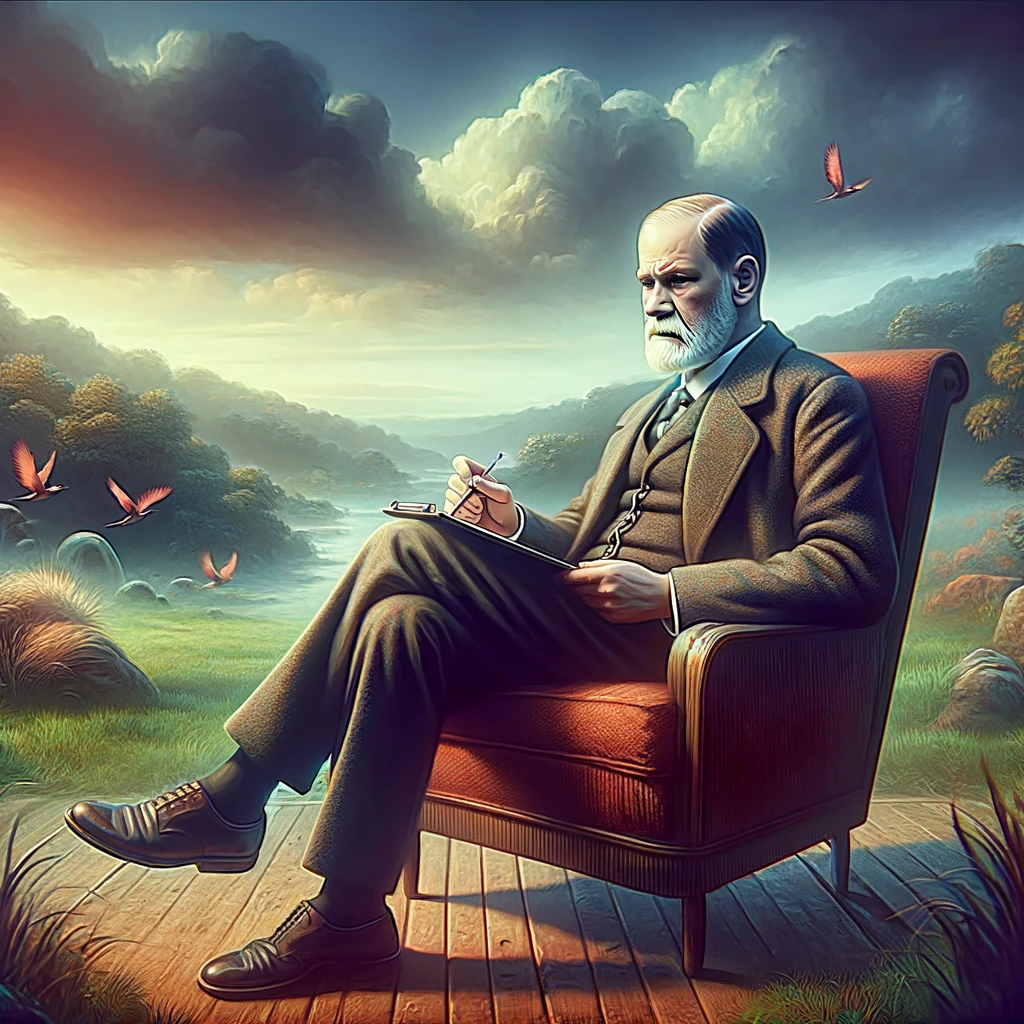Reading Time: 2 minutesSigmund Freud, often hailed as the father of psychoanalysis, made profound contributions to psychology that continue to influence the field and our understanding of the human mind. Born in 1856 in what is now the Czech Republic, Freud’s work laid the foundation for much of modern psychology’s understanding of human behaviour and mental processes. Let’s […]
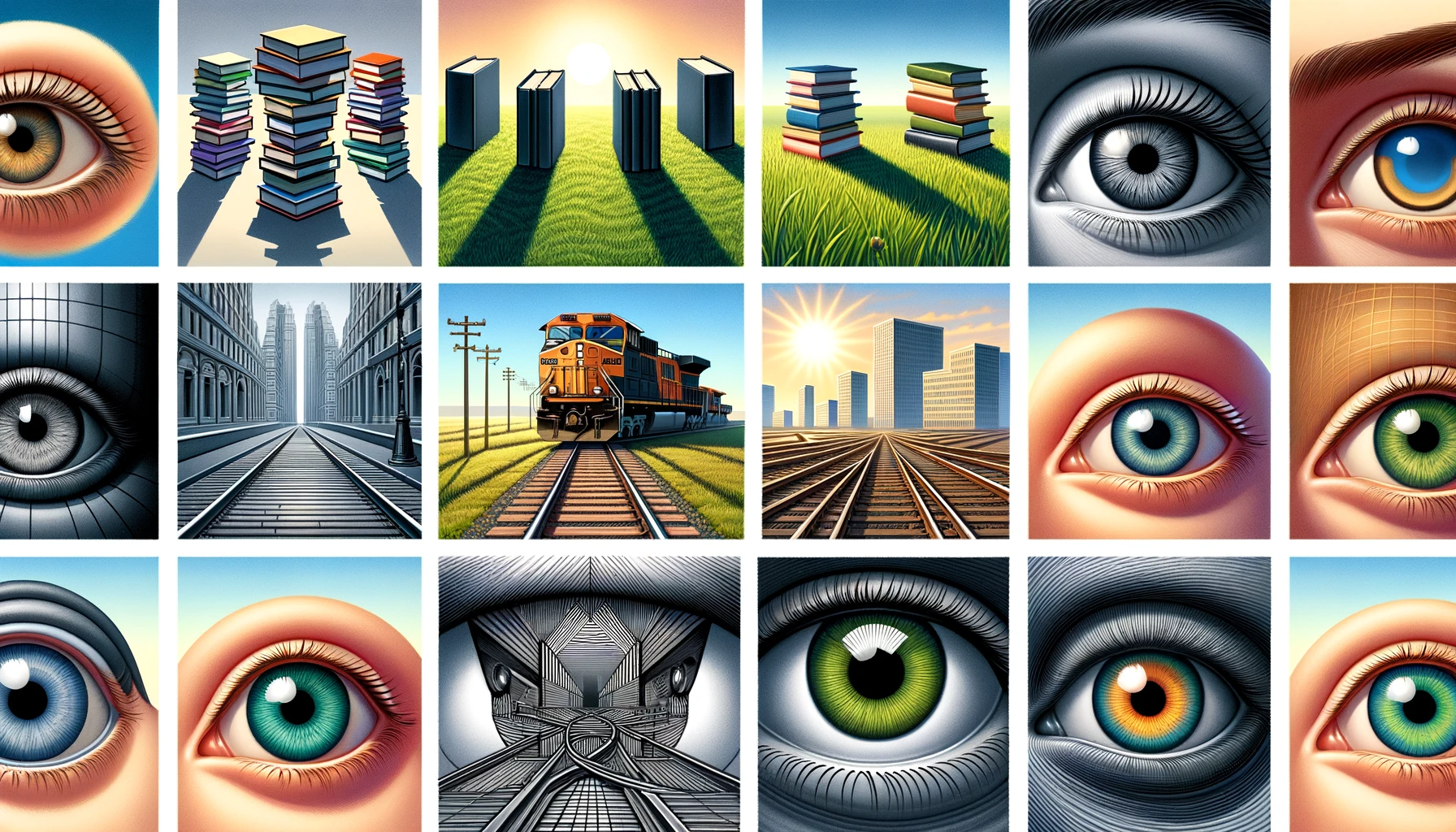
Understanding Monocular and Binocular Cues in Visual Perception
Reading Time: 2 minutesHuman vision is a complex process that enables us to interpret and interact with our surroundings. It’s fascinating how our eyes and brain work together to create a three-dimensional perception from two-dimensional images. This process involves various visual cues, which are broadly classified into two categories: monocular and binocular cues. In this article, we’ll delve […]
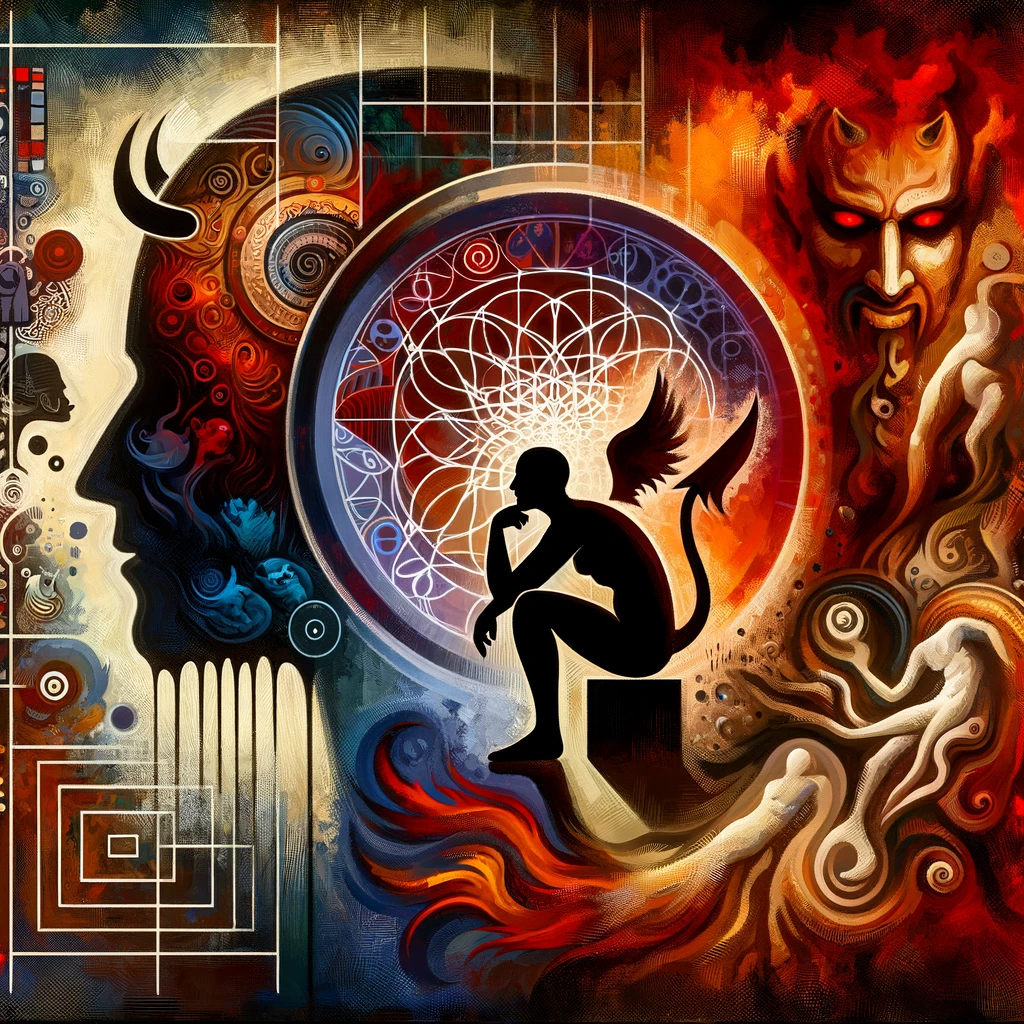
The ‘Devil Within’: A Deep Dive into Psychological and Cultural Dynamics
Reading Time: 2 minutesThe concept of the ‘Devil Within‘ in psychology, representing our inner conflicts and negative impulses, finds intriguing parallels in Indian mythology and modern life, offering a rich tapestry of understanding about human nature. Indian Mythology: A Mirror to Inner Conflicts Indian mythology is replete with stories that reflect the psychological concept of the ‘Devil Within’. […]
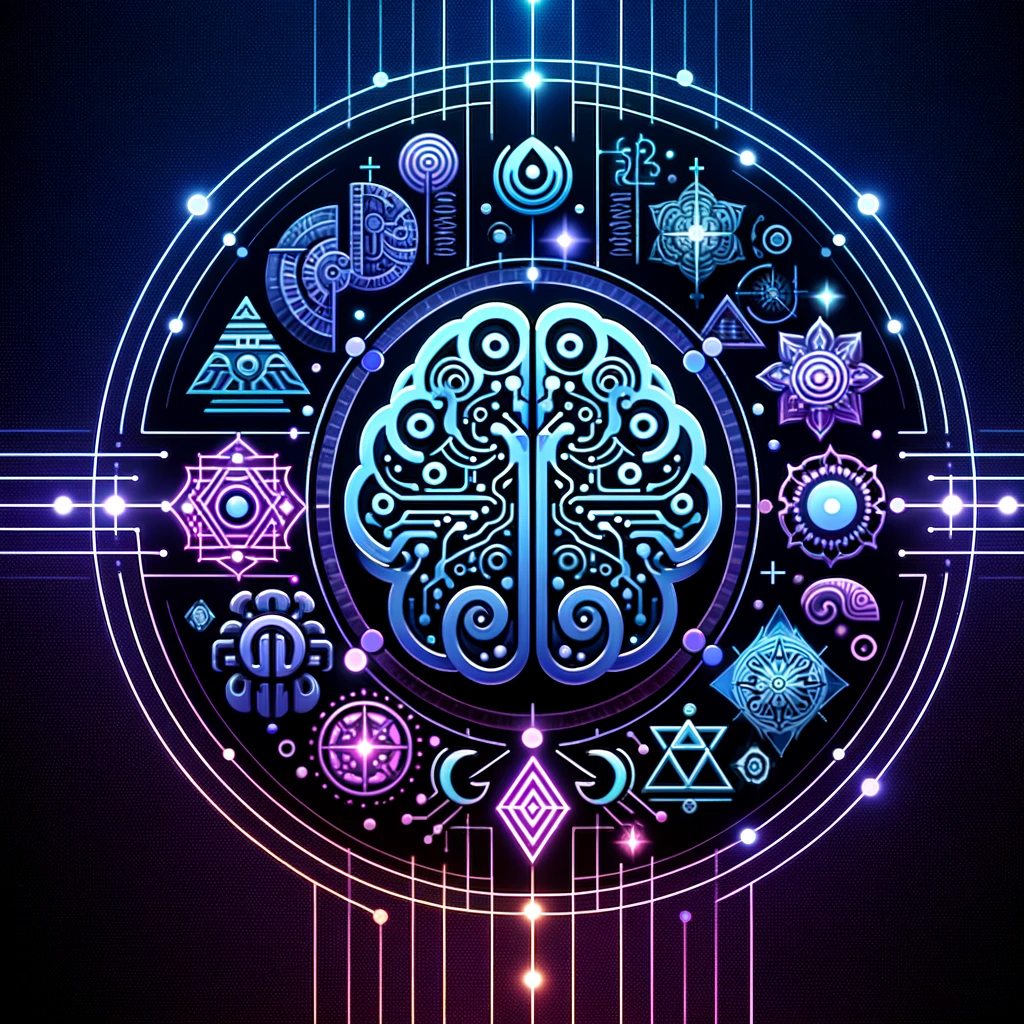
Embracing the High of Purpose: Beyond the Ephemeral Thrills
Reading Time: 2 minutesIn a world constantly seeking instant gratification and ephemeral highs, it’s easy to get lost in the fleeting pleasures that life offers. The quest for a quick fix, a momentary escape, or a transient buzz often leads many down a path of temporary euphoria. But what if there’s a different kind of ‘नशा‘ (intoxication) – […]
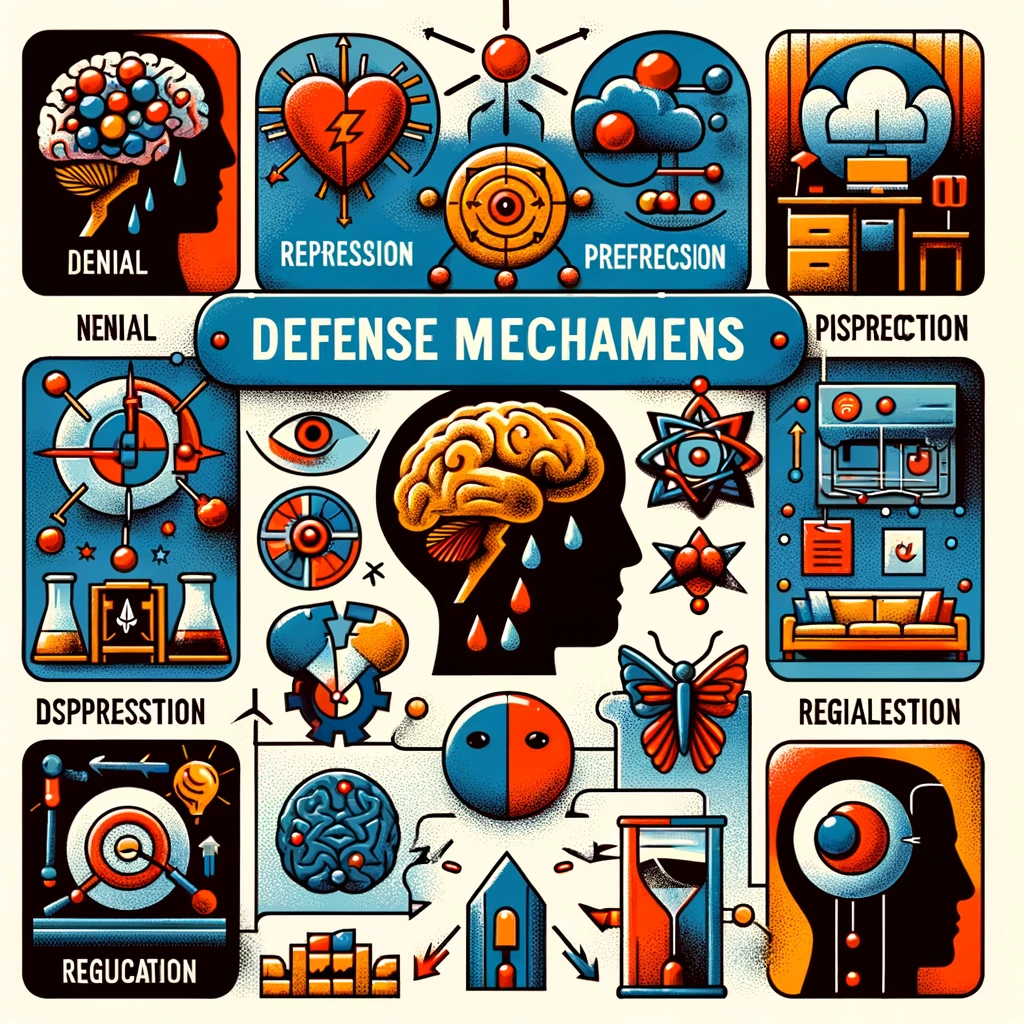
Deciphering Defense Mechanisms: A Psychological Exploration
Reading Time: 2 minutesDefense mechanisms are psychological strategies that are unconsciously used to protect a person from anxiety arising from unacceptable thoughts or feelings. Sigmund Freud first identified them, and later his daughter, Anna Freud, elaborated on them. Understanding Defense Mechanisms Defense mechanisms operate at an unconscious level and help ward off unpleasant feelings or make good things […]
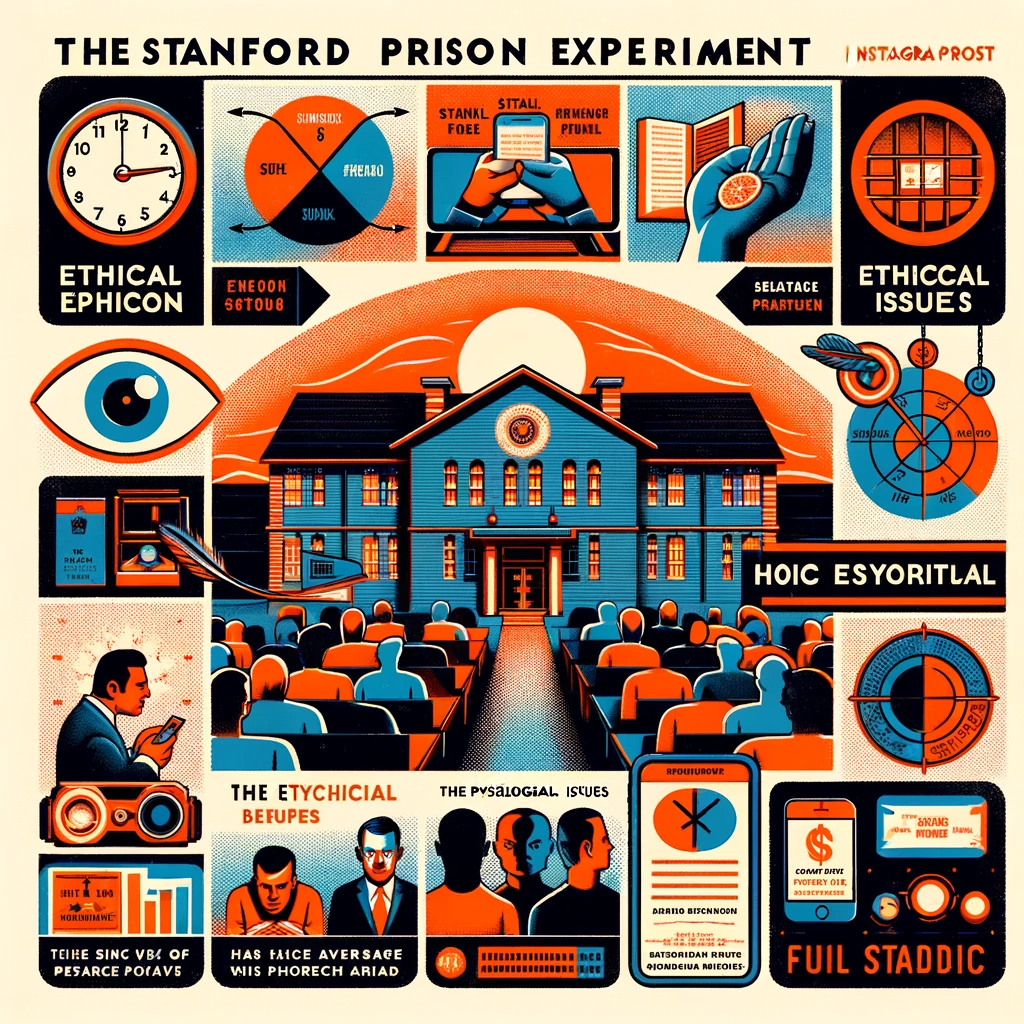
The Stanford Prison Experiment: A Deep Dive into Human Psychology
Reading Time: 3 minutesUnveiling the Stanford Prison Experiment In 1971, an experiment was conducted at Stanford University that would become one of the most controversial and significant studies in the field of psychology. Led by psychologist Philip Zimbardo, the Stanford Prison Experiment aimed to investigate the psychological effects of perceived power, focusing on the struggle between prisoners and […]
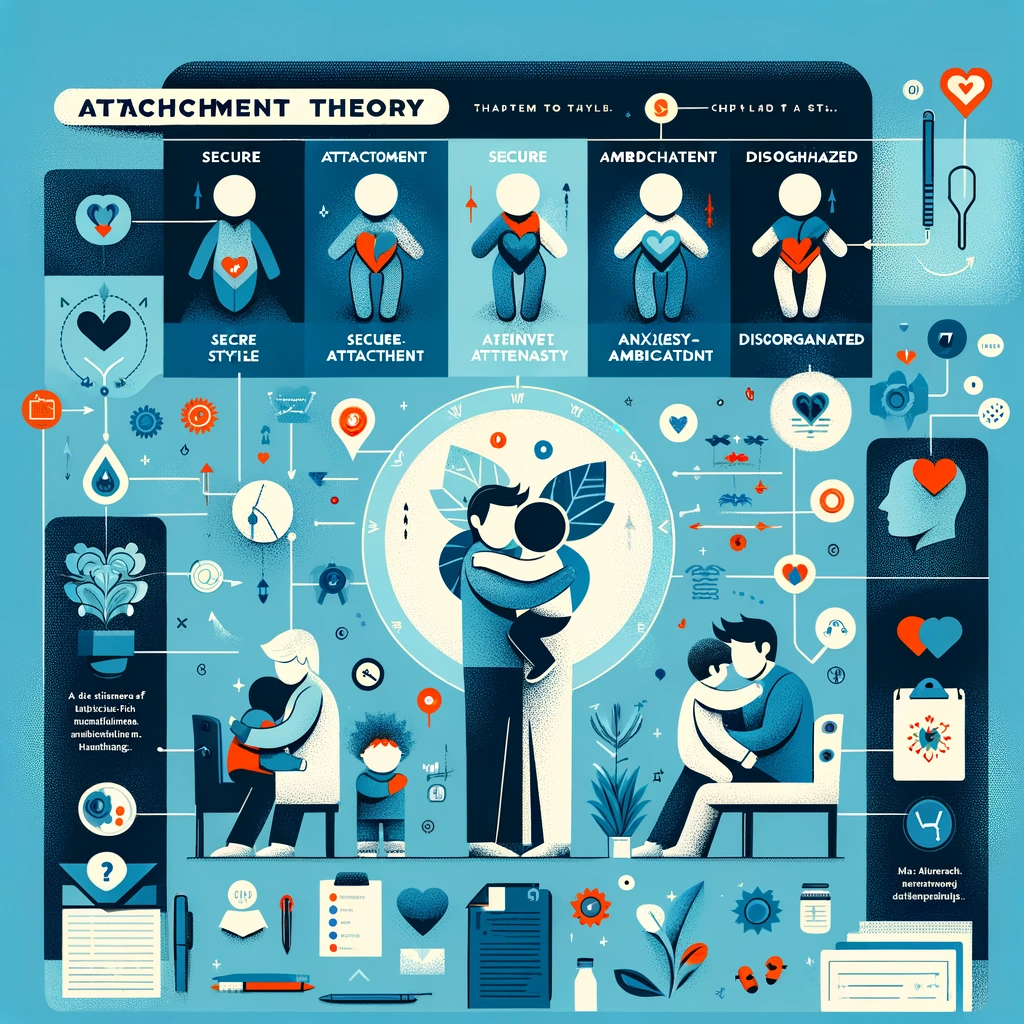
Understanding the Theory of Attachment
Reading Time: 1 minuteIntroduction to Attachment Theory Attachment theory, a concept in developmental psychology, explains the dynamics of long-term relationships between humans. It was first developed by John Bowlby and later expanded by Mary Ainsworth, focusing on the bonds between children and their caregivers. What is Attachment Theory? Attachment theory suggests that children come into the world biologically […]

